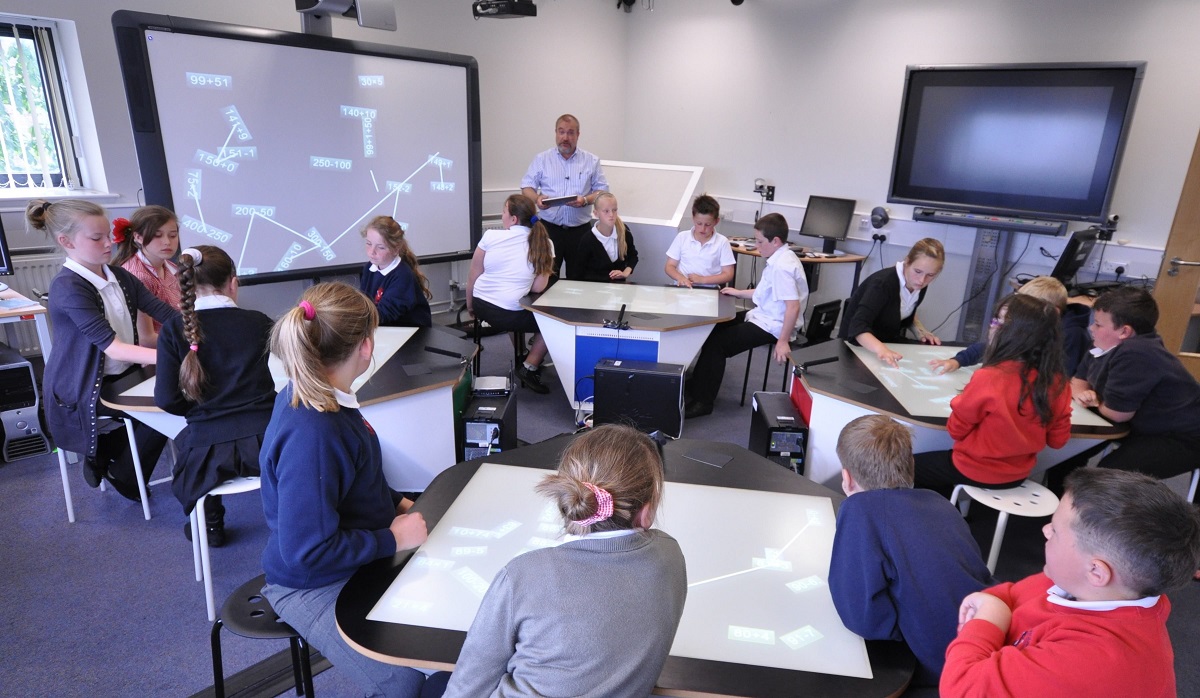GCSE English is a subject that has been around since the inception of formal education, but in this day and age, the teaching methods used in GCSE-level English classes are constantly changing.
This is largely due to the ever-growing presence of technology within classrooms, from interactive whiteboards that allow teachers to break up lessons into more engaging tasks to students using iPads as their main source for sourcing information leading up to exams.
Technology Has Infiltrated Almost Every Aspect Of Modern Learning, So It Begs The Question:
How does it impact modern GCSE English education?
This blog post is designed to delve deep into how these changes can affect student understanding today.
Overview of How Technology Has Become Commonplace in GCSE English Classrooms
In today’s modern world, technology has become a vital part of our day-to-day lives. From social media to online shopping, technology is all around us, and the classroom is no exception. Technology has been integrated seamlessly into GCSE English classrooms, enabling teachers to create interactive and engaging lessons that keep students interested and motivated.
The use of online resources, smartboards, and other tech-savvy tools has made learning more accessible and fun for students while providing teachers with a vast range of resources to enhance their teaching. With technology becoming more and more commonplace in the classroom, students can develop the critical thinking and problem-solving skillsets they need to succeed in the 21st-century job market.
Benefits of Using Technology for Learning English
As the world advances technologically, it’s no surprise that people are looking to integrate technology into their language learning. Learning English, in particular, has become much easier with the use of technology. The availability of online resources makes learning from anywhere at any time much more convenient.
Additionally, with better research capabilities, students can easily access information about any topic they would like to know more about. Whether it’s using video tutorials, language learning apps, or virtual classrooms, technology can enhance the language learning experience and make it more engaging and productive for students of all levels.
Challenges Posed by Digital Distractions in the Classroom Environment:
The advent of technology brings a wealth of knowledge and opportunities to the classroom. However, digital distractions pose a formidable challenge to learning. Online GCSE English courses, for instance, are useful tools for students to improve their language skills. Still, they can also be a double-edged sword. The lure of social media, instant messaging, and other online distractions can divert learners’ attention, leaving them less focused and motivated to learn.
Teachers have the daunting task of keeping their students engaged and interested in the course material while minimizing the impact of digital distractions. This requires a combination of innovative teaching tactics, building healthy habits, and setting clear expectations for digital behavior. Only through such measures can we strike a balance between technology and effective learning in the classroom.
Ways Teachers Can Encourage Student Engagement with New Tech Tools:
The world of education has seen a drastic shift towards incorporating technology in the classroom. With new tech tools emerging every day, teachers must keep up with the changes happening in the educational landscape.
Encouraging student engagement with these tools is key to helping them excel in their studies. Technology has revolutionized how we learn and teach, from interactive whiteboards that allow students to share their work with the class to tablets that provide personalized learning experiences.
By using supportive apps that help students with specific subjects or classroom activities, teachers can create a dynamic learning environment that caters to the varying needs of each student. With the right approach, technology can be a powerful tool that enhances the learning experience and prepares students for success in the digital age.
Strategies for Using Technology Effectively in English Lessons to Increase Learning Opportunities:
In today’s society, technology is becoming more prevalent in our daily lives. Education is important, so integrating technology into the classroom has become a game-changer. However, using technology effectively to enhance the learning experience without overwhelming the students is important.
In the English classroom, implementing technology can provide opportunities for more engaging and interactive lessons. By incorporating multimedia such as videos, podcasts, and online tools, students are able to explore different interpretations and perspectives, making the learning experience more meaningful.
Furthermore, technology can also be utilized to provide personalized and differentiated learning experiences for students with various learning styles and abilities. By thoughtfully incorporating technology into English lessons, educators can foster a collaborative, engaging, and fun environment that maximizes potential learning opportunities for students.
How Technology Is Transforming Teaching And Resulting In More Engaged And Motivated Students In English Classes:
Technology has come a long way in recent years, and it’s no surprise that it’s now transforming teaching and resulting in more engaged and motivated students in English classes. With interactive tools such as videos, games, and online quizzes, students can learn and engage with the material in a fun and effective way. This increases their interest in the subject matter and helps them retain the information learned.
Additionally, technology allows for more personalized learning experiences tailored to each student’s needs. Teachers can now use data to understand their students’ strengths and weaknesses better and adjust their instruction accordingly. In today’s ever-changing technological landscape, educators must embrace these advancements and leverage them to enhance the quality of teaching and learning.
Conclusion:
Technology is having a significant impact on teaching and learning in GCSE English classrooms. Whether using interactive whiteboards, tablets, or supportive apps – teachers and students are utilizing these tools to enhance their academic experience.
Ultimately, the result is an engaging environment where learners at all levels of education are motivated to make the most out of their educational experiences. Technology has begun to revolutionize English education for both teachers and pupils; it’s about time we embrace it!

